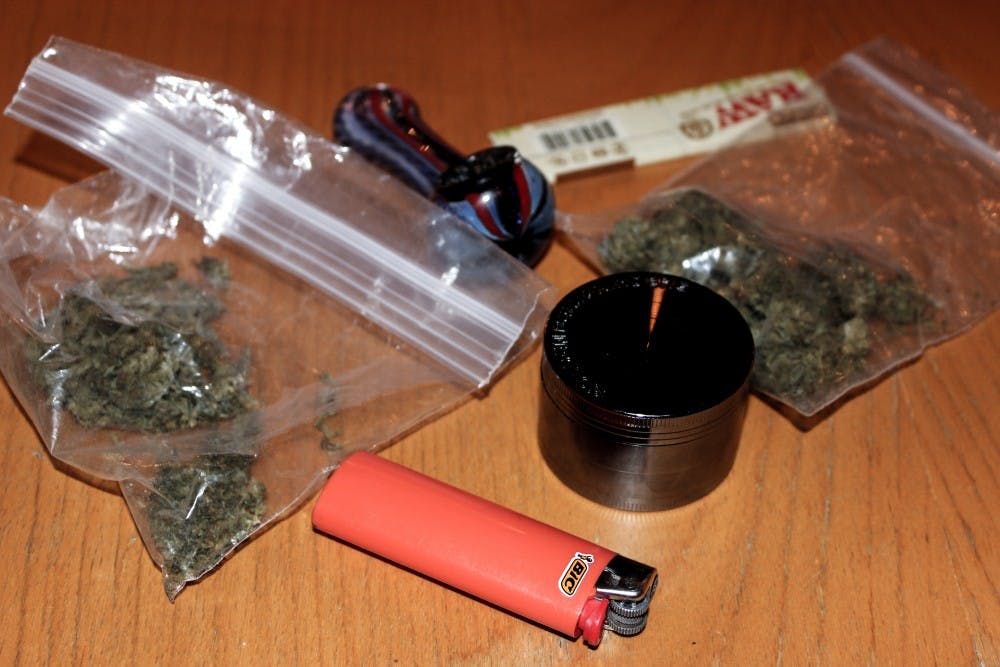
As marijuana laws are rapidly changing across the United States, Pennsylvania has become the first state to permit medical marijuana research at some of its medical schools.
On Thursday, the Pennsylvania Department of Health released the guidelines opening applications for medical research. Penn Medicine, Drexel University, and the University of the Sciences have all expressed interest in furthering medical marijuana research, according to NBC Philadelphia.
According to Penn Live, the University of Pittsburgh School of Medicine was the first school to confirm their interest in the program.
“We believe that the research will be of great importance in determining the safety and efficacy of medical cannabis products in treating specific diseases,” the University of Pittsburgh wrote in a statement.
Although Ohio and Florida have also looked into exploring similar paths in their medical marijuana programs, neither state has yet implemented such a program, reported NBC Philadelphia.
Up to eight medical schools could be granted approval for this research program. The state will begin to accept applications next month.
The Department of Health also announced the addition of 13 new medical marijuana growers and 23 new dispensaries in the state. The approved schools will work with authorized growers and dispensaries to obtain marijuana for research.
The state approved its first medical marijuana dispensary in Bethlehem, Pa. in January.
Even as Pennsylvania and other states have moved to expand their medical marijuana programs, the federal government has attempted to stifle the ongoing push toward legalization.
In January, U.S. Attorney General Jeff Sessions rescinded an Obama-era policy which allowed states to set their own regulations concerning recreational use of the drug.
According to the Drug Enforcement Administration, marijuana is still considered a Schedule I controlled substance "with no currently accepted medical use and a high potential for abuse" at the federal level. Other Schedule I drugs include ecstasy and heroin.
Previous Penn studies have shown the usefulness of medical marijuana in treating addiction, particularly opioid addiction. A 2014 study by Marcus Bachhuber, who graduated from the Perelman School of Medicine with a medical degree in 2009 and a master's degree in 2015, noted a 25 percent decrease in opioid-related deaths in states that had legalized medical marijuana.
“People already taking opioids for pain may supplement with medical marijuana and be able to lower their painkiller dose, thus lowering their risk of overdose,” Bachhuber told Penn Medicine News.
In Philadelphia, District Attorney Larry Krasner recently announced that he has advised his staff to not pursue charges on people caught for marijuana possession. On campus, Penn's policies on marijuana remain the same.
The Daily Pennsylvanian is an independent, student-run newspaper. Please consider making a donation to support the coverage that shapes the University. Your generosity ensures a future of strong journalism at Penn.
Donate



